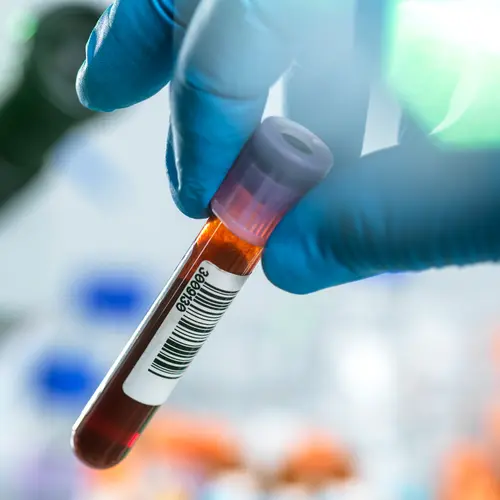Prostatitis is a condition that causes your prostate gland to become swollen, tender, and inflamed. It can be quite painful, especially when you pee or ejaculate (release semen during an orgasm). The most common locations of pain were the perineum (the area between the anus and the scrotum), testes (58 percent), suprapubic area (Between the public area and belly button), and penis
Doctors aren’t always sure what causes prostatitis. Common causes vary depending on whether it is acute vs. chronic and/or infectious vs inflammation. Sometimes, an infection in your urinary tract is to blame. Other times, it’s due to an injury or nerve damage. In many cases, doctors never find the cause.
Because of that, treatment for prostatitis can be a challenge. For some men, it can take months -- or even years -- to recover.
There’s no sure way to prevent getting this condition, but many small lifestyle changes can help keep your prostate gland healthy. They may also help to lower your risk of prostatitis. If you already have problems with your prostate, try these tips to ease your symptoms and keep your issue from getting worse.
Have good hygiene. Keep your penis and the area around it clean to prevent infection.
Stand up when possible. When you sit for long periods, it puts pressure on your prostate gland and inflames it over time. Try to avoid long bike rides and sitting down for too long.
Get moving. Make time to exercise at least three times a week. Take a brisk walk around the park, stretch, hit the gym for a cardio class -- just get moving. Physical activity can reduce feelings of anxiety, which are linked to some types of prostatitis. Men who have an inflamed prostate also report that working out relieves their symptoms.
Hydrate. Some types of prostatitis are caused when bacteria in your urinary tract make their way into your prostate and cause an infection. Be sure to stay hydrated to keep your urine dilute and your bladder flushed out. If you have a pre-existing medical condition like chronic kidney disease or congestive heart failure, ask your doctor about any special precautions you should take.
Eat more fruits and veggies. They’re high in nutrients that can keep your body healthy and help you fight off infections and inflammation.
Order your food on the mild side. There’s no research that proves eating certain foods can prevent prostatitis. But spicy foods, hot peppers, and chili can all bother your bladder and make prostatitis symptoms worse.
Limit your caffeine and alcohol. Drinks like tea, coffee, and soda can inflame your urinary tract and bladder. So can alcoholic beverages.
Maintain a healthy weight. Being overweight isn’t good for your prostate. Try to lose unwanted pounds by eating a healthy diet, being active, and getting enough sleep.
Manage your stress. Men who deal with severe stress at work or at home are more likely to have prostatitis. Talk to a therapist to help manage your feelings. You could also learn meditation or a technique like whole body relaxation. This teaches you how to release physical tension from your body in order to calm your mind.
Practice safe sex. Sexually transmitted infections (STIs) sometimes cause prostatitis. When you have sex with an infected partner and don’t wear a condom, bacteria can move into your urethra. That’s the tube that moves urine out of your body. These germs may end up in your prostate. If you’re not in a relationship with just one person, use a condom each time you have vaginal, oral, or anal sex.
See your doctor when something’s not right. Notice that you’re going to the toilet more than normal or have pain when you pee? These could be signs that something’s not right with your prostate. You should also take note if you often strain to have a bowel movement or if it hurts to do so. Any of these signs are a good reason to check in with your doctor.

